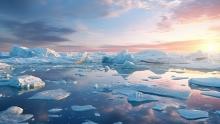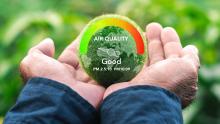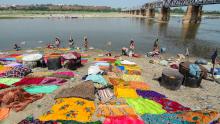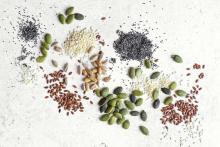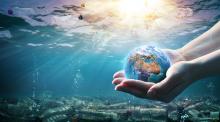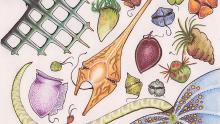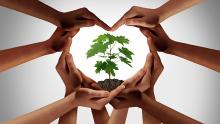Mercury rising: the scientists tackling a growing environmental threat
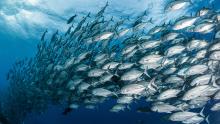
Mercury pollution presents a significant risk to environment and human health, in particular its accumulation in edible fish. The EU-funded Global Mercury Observation and Training network project (ITN GMOS-Train) helped model mercury’s chemical behaviour and fate in land, air and marine environments. The work will support public health initiatives and make more informed dietary choices possible.

